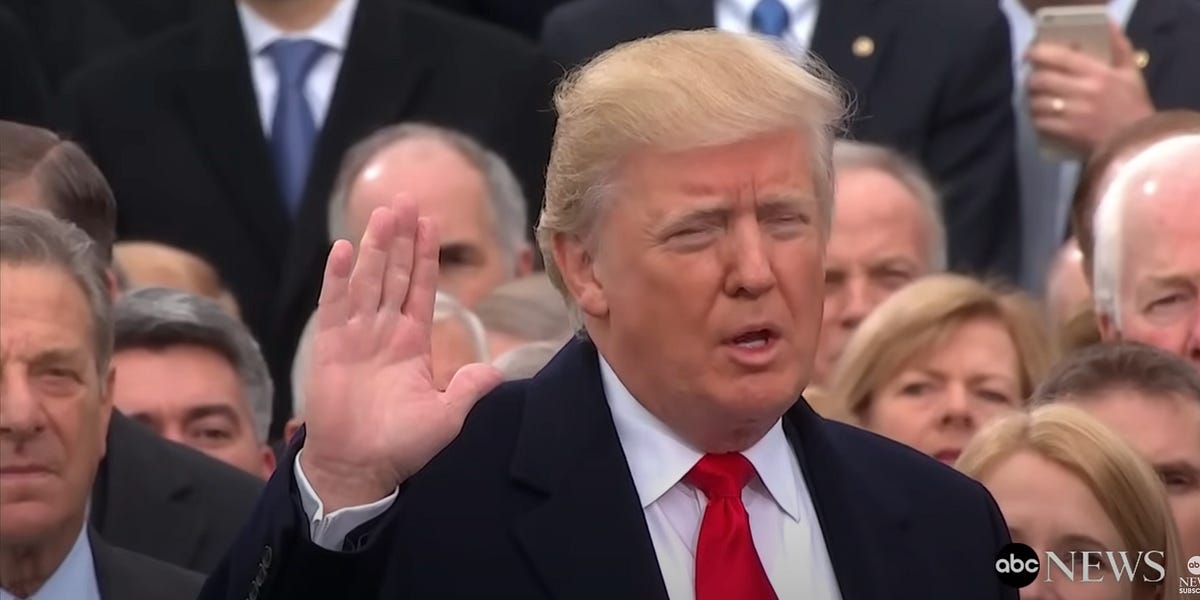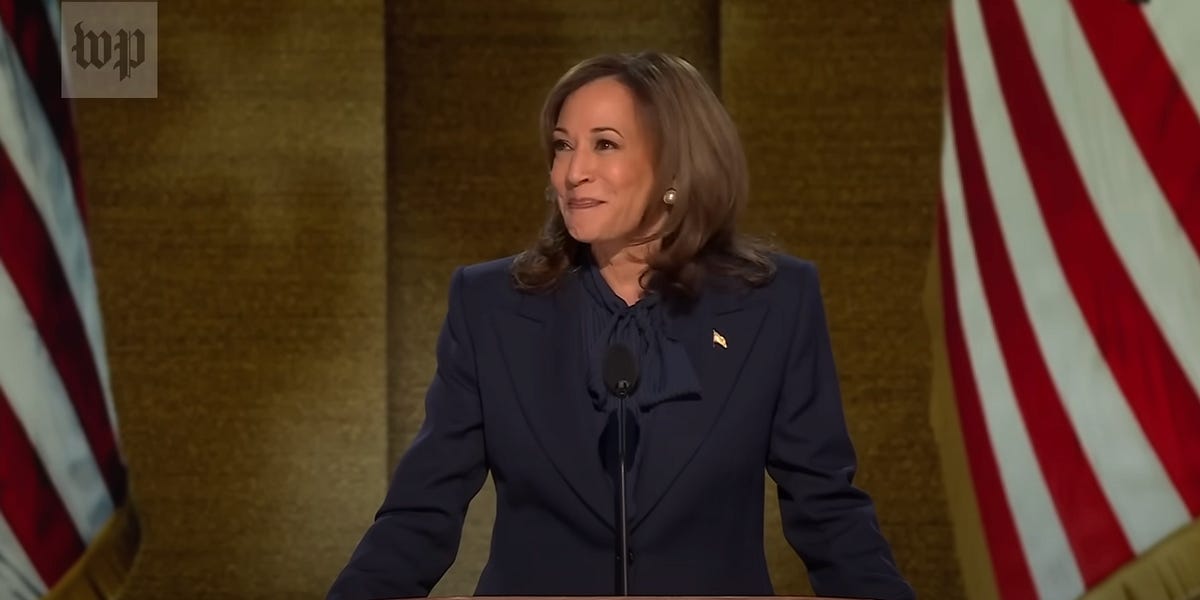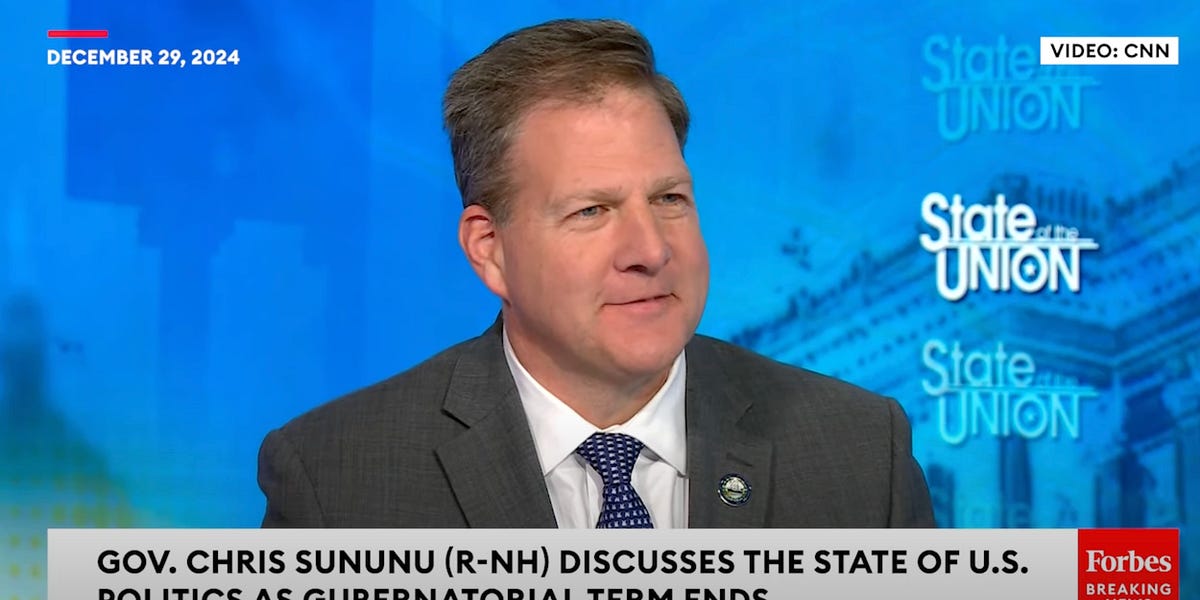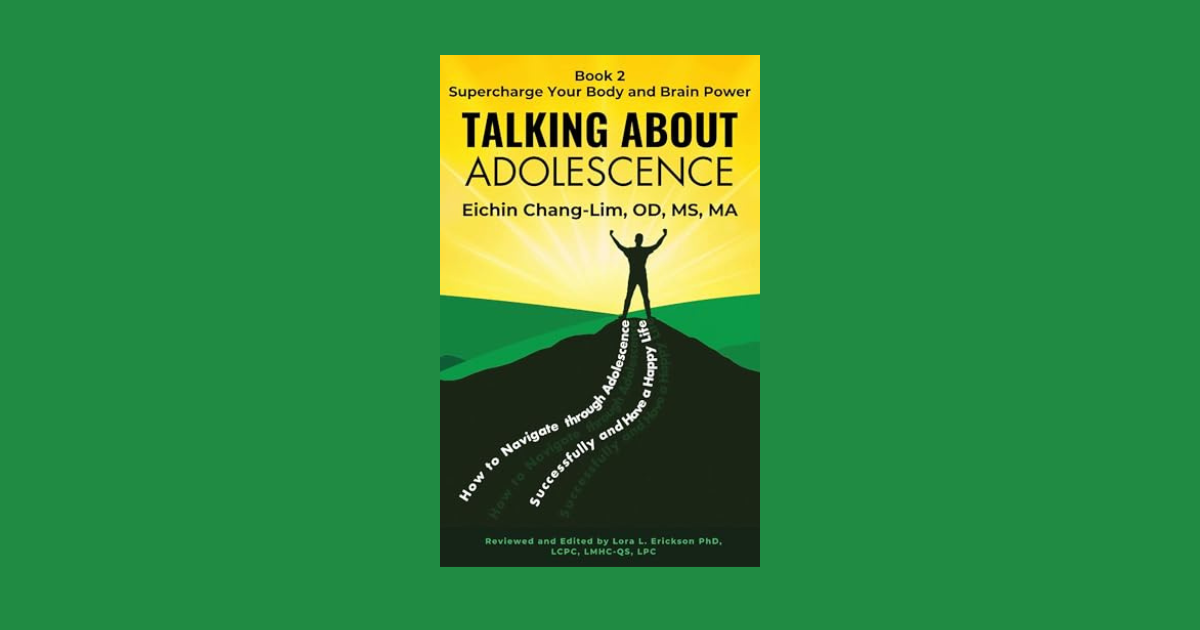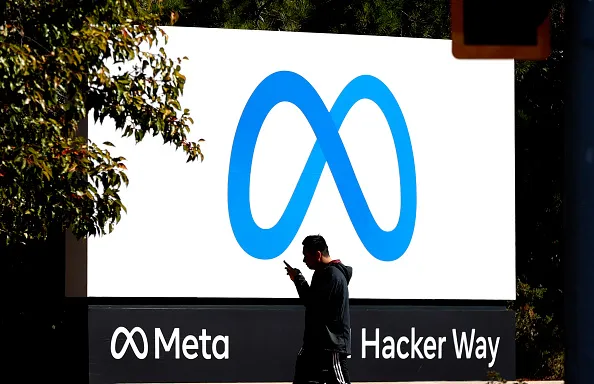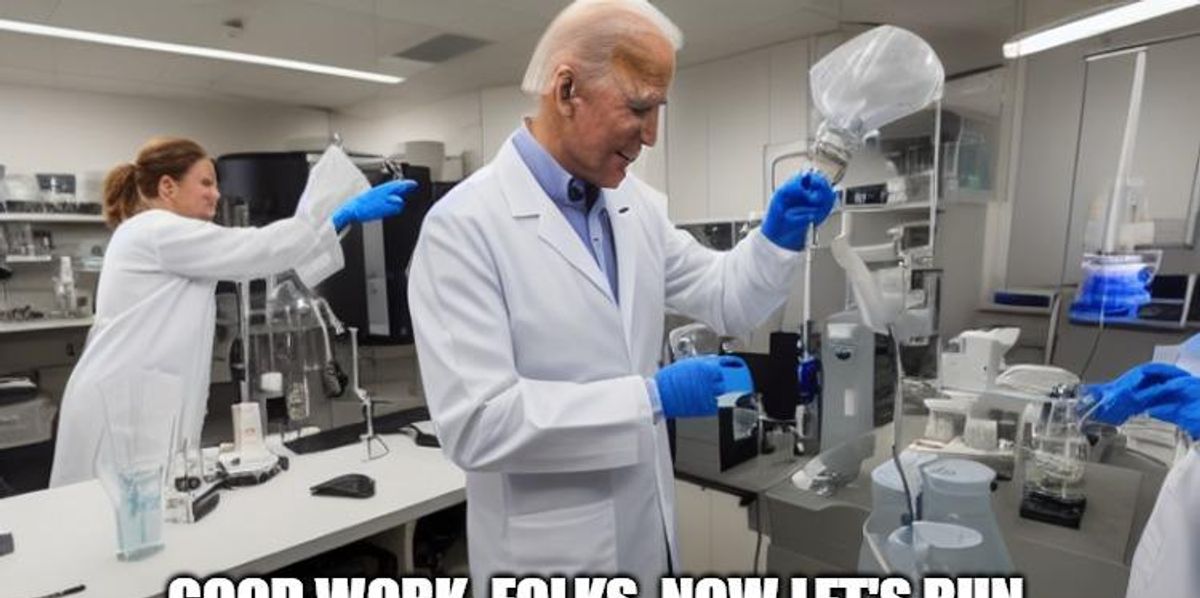Last week, President Joe Biden announced he would appoint Dr. Renee Wegrzyn to be the first director of a new federal agency, the Advanced Research Projects Agency for Health (ARPA-H), which aims to do for medical research what the Defense Advanced Research Projects Agency (DARPA) has done in the field of military technology that’s also crossed over into everyday life. DARPA projects brought us some neat little goodies like the Internet and GPS, plus the mRNA research that made the COVID vaccines possible. (OK, DARPA also brought us killer drones and those freaky robot dogs, too.)
A White House statement noted that the appointment of Dr. Wegrzyn came on the 60th anniversary of John F Kennedy’s “Moon shot” speech, and that ARPA-H is part of Biden’s own “moon shot” initiative to “end cancer as we know it.” As New York Times columnist Ezra Klein puts it, the idea behind the new agency is “to do something unusual in Washington: Make big, risky bets.”
Klein notes that all the administration’s big legislative successes — the American Rescue Plan, the Infrastructure Law, the CHIPs and Science Act, and the climate bill — provide oodles of government funding to encourage innovations like vaccine development and distribution, new microchip manufacturing and AI startups, broadband access, and creative ventures in green energy that will help the US cut greenhouse emissions to net zero by the middle of the century. ARPA-H is yet another of those efforts, this time aimed at medical research.
But wait, don’t we already have government funded medical research, and lots of it? Klein explains that’s sort of the problem: The current agencies are so well-established that they’ve become the establishment, man.
Why do we need an ARPA-H when the National Institutes of Health already exists? Because the N.I.H., for all its rigor and marvels, is widely considered too cautious. ARPA-H will — in a move some lament — be housed at the Institutes, but its explicit mandate is to take the kind of gambles that Darpa takes, and the N.I.H. sometimes lets go.
That sounds pretty cool, as long as ARPA-H researchers at least pinky-swear not to meddle in God’s Domain.
Related to all this is another goal: reducing the costs of prescription medicine by having the government fund research into new medicines, which can then be deployed without the insane markups that occur when big pharmaceutical companies have a patent monopoly on medications. (Hello, insulin, we are looking at you — and at the Inflation Reduction Act’s cap on copays for Medicare recipients. Remember, kids, Republicans killed the effort to provide the same protections to everyone else.)
As economist Dean Baker argues at the Center for Economic and Policy Research, if the federal government pays for research that creates a new drug, then how about making the benefits of that public investment actually reach the public, instead of giving pharmaceutical companies a monopoly on the products we already paid for?
Klein mentions an idea that Bernie Sanders used to advocate: Instead of granting a monopoly to companies that develop drugs, maybe have researchers compete for cash prizes for needed innovations (an approach used by DARPA for various tech, too).
The government could identify, say, 12 conditions that it wants to see a drug developed for. The first group to develop and prove out such a drug would get a princely sum — $100 million, or $500 million, or a billion dollars, depending on the condition and the efficacy. In return, that drug would be immediately off-patent, available for any generic drug producer to manufacture for a pittance (and available for other countries, particularly poor countries, to produce immediately).
Baker says that sounds great to him, as long as such schemes don’t let pharma companies get paid twice, as happened with the development of Moderna’s coronavirus vaccine:
[We] paid Moderna $450 million to develop its coronavirus vaccine. We then paid it another $450 million to cover the cost of the phase 3 testing needed for FDA approval. We then allowed it to claim intellectual property in the vaccine, which meant tens of billions of dollars in revenue. It also led to the creation of at least five Moderna billionaires.
Instead of a prize system, Baker suggests, better to cut out the middle-corporation and just do direct public funding of drug development, and “require everything be fully open-sourced as quickly as possible under a direct funding system, allowing science to advance more quickly.”
In any case, we can debate the best mechanism through which public funding can take place, patent monopolies, prizes, or direct funding, but the idea that you only get paid once should not be controversial. […] There is a huge amount of money at stake in who gets the gains from innovation, likely more than $1 trillion a year, and it would be an incredible failing of the political process if the issue is not even discussed.
That makes sense to us, although there is the possibility it might be socialism, which would leave Big Pharma so sad that they would just stop developing medicine and no longer do innovation, as in communist France and Canada. We suspect they’d get by somehow, however.
[NYT / CEPR / Image generated by DreamStudio Lite AI]
Yr Wonkette is funded entirely by reader donations. If you can, please give $5 or $10 a month so we can keep this little mommyblog innovating, which in our case means playing around with AI illustrations while making the same 1960s pop culture references as ever. So it goes.







